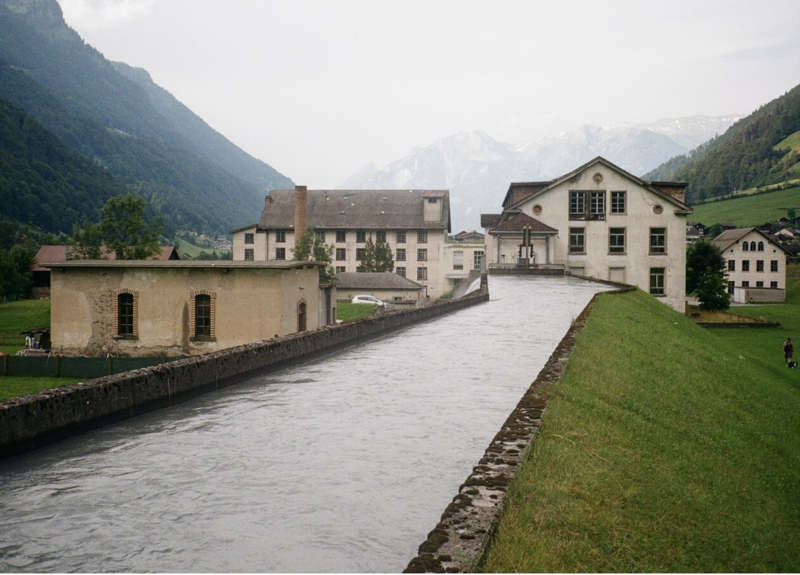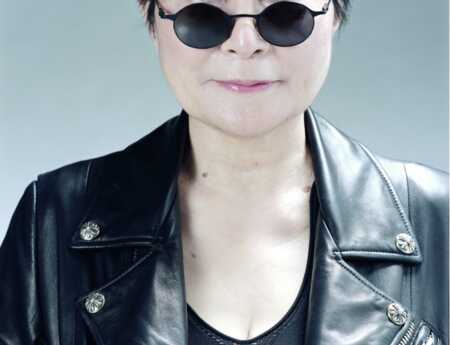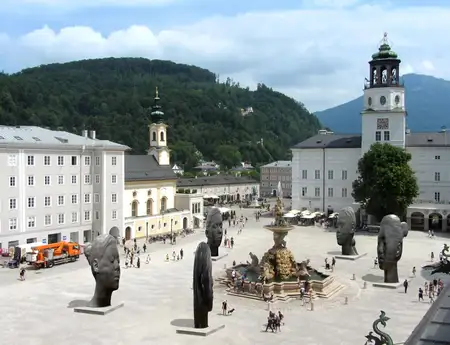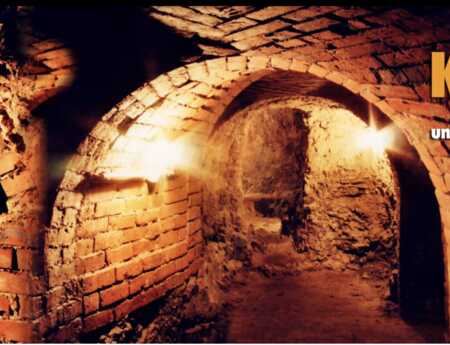Legler Areal, , CH-Diesbach GL
Maschinenstrasse 2
8777 Luchsingen
Switzerland
Klöntal Triennale "In a State of Flow"
September 1–29, each weekend
Opening: Sat, August 31, 2–11 PM
The third edition of the Klöntal Triennale expands its scope by taking place at the Legler Areal, a remnant of the former textile industry. Viewed through a contemporary lens, the industrial revolution seems less
promising than it did 170 years ago. Nevertheless, the Legler Areal remains a significant site where the future was once shaped. Thanks to the rivers and streams, Glarnerland developed into one of the most industrialized reg
ions in Switzerland. Starting in the mid-nineteenth century, the textile industry flourished, with water-powered fabric printing works, spinning, and weaving mills producing goods that circulated worldwide. The Legler family started with a mechanical weaving mill in 1857, supplied European haute couture with printed fabrics a hundred years later, and held a monopoly on denim production in Europe in the 1970s. Production ceased in 2002, leaving the architectural witnesses to this history empty ever since.
Once a hub of flourishing industry and entrepreneurship, today the area tells a story of industrial decline, with its collateral emigration, rural exodus, and today’s stagnation, in a way that echoes the worldwide upheavals that have taken place on the planet since the nineteenth century. From a broader perspective, global capitalism is increasingly seen as unconvincing, with its destructive potential becoming ever more apparent. Many negative effects from this period—characterized by international (often asymmetrical) trade relations due to colonial entanglements and difficult working conditions for local and foreign workers—remain unresolved. Even the brief hope that the area would transform into an oasis for digital nomads is gradually fading. Currently, the former production complex in the seemingly idyllic mountain landscape faces an uncertain future.
On the occasion of the third Klöntal Triennale, artistic interventions will revitalize the area, imbuing it with new momentum between the past and a speculative future. In September 2024, the site will undergo a multilayered, temporary, and critical transformation. Starting with the unique context of the Legler Areal, its historical evolution, and its paradigmatic nature in relation to similar situations worldwide, the artists have explored themes that extend well beyond this singular case. The Legler Areal serves as a case study for those interested in examining industrial development, trade, production, colonialism, labor, transformation, economy, energy and resource use, tourism, and even gender dynamics, given that much of the labor was provided by women. This postindustrial scenario, with its current uncertainties, tells us a lot about our recent past and the challenges we face today as we strive to foster greater togetherness, honor the ghosts of the past, and envision brighter futures.
Themes like metamorphosis and the flow of water, once pivotal to powering factory generators, resonate throughout the exhibition and the extensive performance program. Current technological developments are also addressed, from the flow of water to the flow of data; from industrial piecework—often performed by women—to flexible, hyperlocal jobs, migration, and the globalized flows of goods. The transformation of infrastructures, the supposed standstill in the periphery, and speculative ideas for the future are also explored. Thus, the seemingly isolated “hinterland” remains in constant motion: IN A STATE OF FLOW, in a temporary, almost enchanting moment of revival and densification.
Artists: Künstler:innen: AATB, Chloé Delarue, Hotmailhotnail, Joyfully Waiting, Margaretha Jüngling, Izidora I LETHE, Julie Monot, Vitjitua Ndjiharine, Ernestyna Orlowska, The Performance Agency, Laure Prouvost, Tabita Rezaire, Romy Nina Rüegger, Davide-Christelle Sanvee, Veronika Spierenburg, and Raul Walch
Curators: Séverine Fromaigeat, Sabine Rusterholz Petko
Assistance: Ivana Milenković
Communication: Jenni Schmitt
Graphic design: Huber/Sterzinger
Technical team: Tomas Baumgartner, Hansjörg Eisenhut, Attila Panczel, Florian Wagner
Sound tech: Felix Friedrich
Furniture: Monika Schori
Publication:
In conjunction with the exhibition, a publication will be released featuring contributions from: Regula Bochsler, Ellena Brandner/Reto Bürgin/Heike Mayer, Lucas Federer, Parker Hatley/Peter Warshall, Susanne Hefti, Claudia Kock Marti, Kaspar Marti, Noha Mokhtar, Gianna Molinari, Sean Müller, Boris Previšić, Romy Nína Rüegger, Sabine Rusterholz Petko, Peter Spillmann, Andrea Štaka and Helen Thomas as well as visual contributions by the artists.
Price: CHF 12.-



